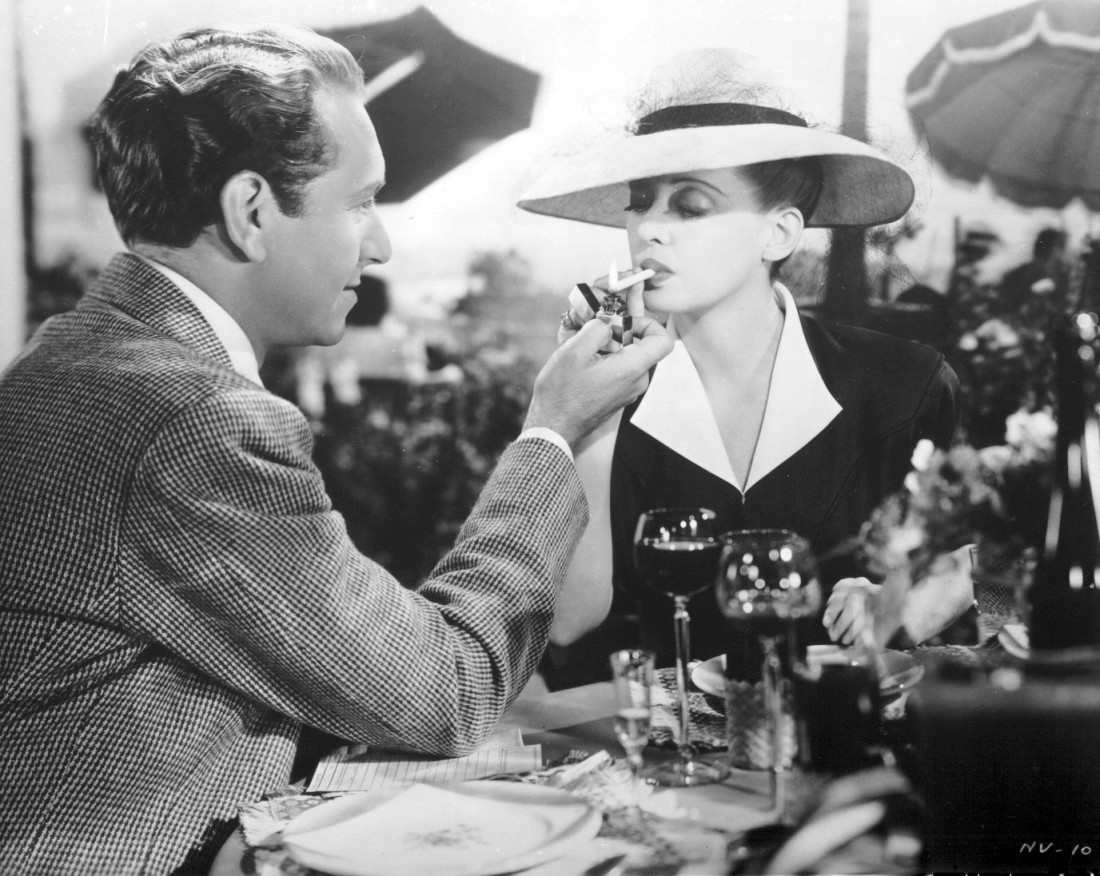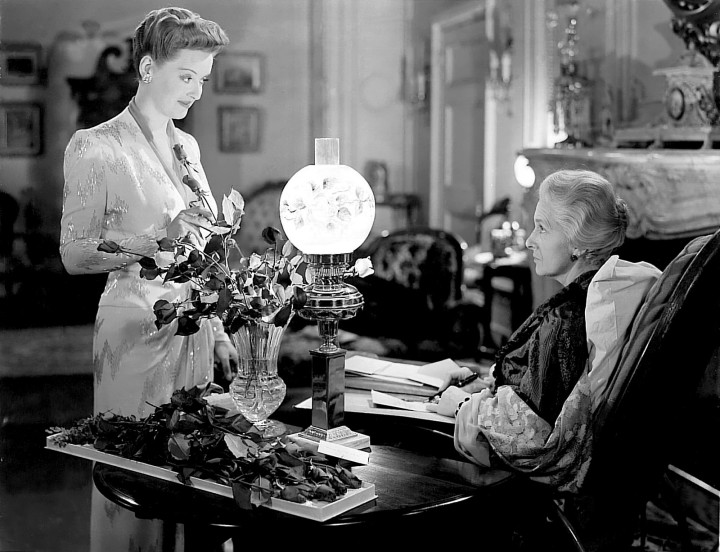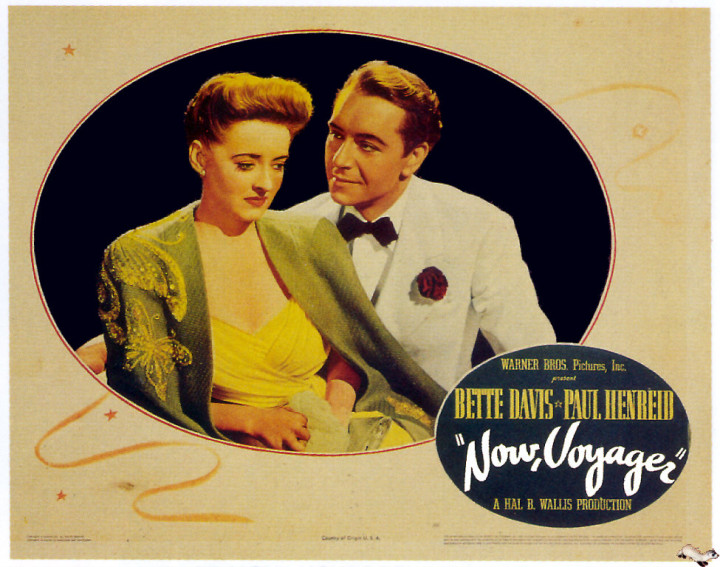The modern image of Bette Davis seems to be largely grounded in three things — All About Eve (1950), What Ever Happened to Baby Jane? (1962), and people doing Bette Davis impressions. I suppose there’s also a certain amount of her interview footage at play, offering the impression — not incorrect — of the real woman as a tough, no-nonsense liberal who wasn’t afraid to go head-to-head with anybody. But somewhere in all these iconic things, the Bette Davis who made all this possible — the popular movie star who all but ruled Warner Bros. for 10 years — seems to have been forgotten. The truth is that this is the Bette Davis who captured the imagination of the movie world — the one formed by years of battle with studios. Dumped by Universal because studio head Carl Lammle found her sexless, plucked from obscurity by Warner luminary George Arliss, Davis fought her way through the world of Warner Bros. programmers she considered idiotic to finally emerge as a full-fledged star by the late 1930s. And her claim to fame lay in what were then called “woman’s pictures” — in other words, soap operas.
The best of these came in the 1940s with a string of glossy, classy, often faux-cultured productions that were tailored to her talents — The Great Lie (1941), Old Acquaintance (1943), A Stolen Life (1946), Deception (1946), and possibly the greatest of them all Now, Voyager. And if this undeniably soapy concoction wasn’t the best — personally, I have slight preference for Deception — it was, and is, the most famous. Is it just because its the one where Paul Henreid lights two cigarettes and passes one to Davis? Or does its fame rest on that last, bittersweet line? Those are certainly factors, but I think it’s really the whole package — the transformation of Davis from neurotic spinster into sophisticated (she even reads scandalous books) lady of fashion, the hopeless romance with the married man, her taking a hand with that same man’s repressed daughter, etc. It’s all so deliciously over-the-top that it’s both irresistible and unforgettable — and it holds up much better than Davis’ occasional “prestige” pictures like The Letter (1940) and The Little Foxes (1941).
The Hendersonville Film Society will show Now, Voyager Sunday, May 24, at 2 p.m. in the Smoky Mountain Theater at Lake Pointe Landing Retirement Community (behind Epic Cinemas), 333 Thompson St., Hendersonville.






The first time I got to see NOW VOYAGER was on our local PBS station where the announcer preceded it with the info that this was the film where we’d get to witness Bette Davis have not one, not two but two and a half nervous breakdowns.
Well who’s not going to watch that?
No sane person would refuse.